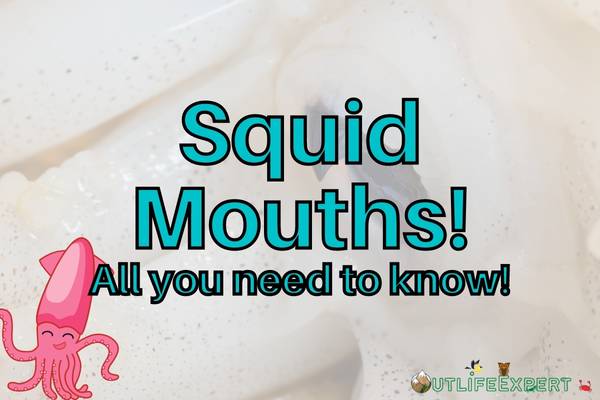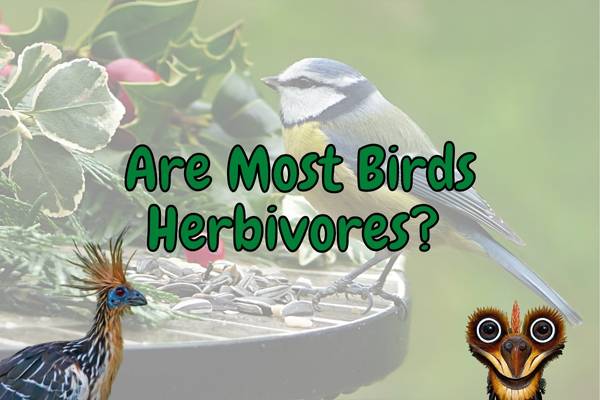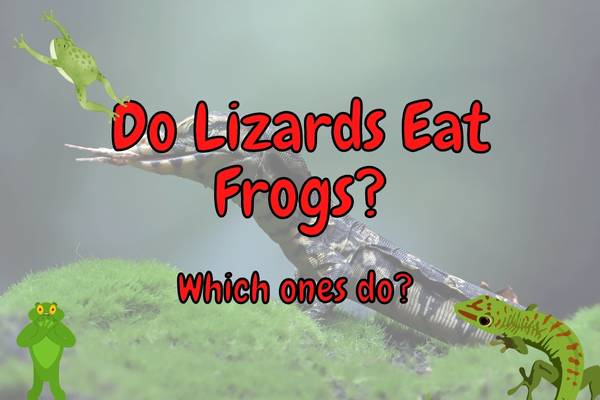Can You Swim In The Black Sea? (Yes, here’s how to be safe!)
Swimming in the sea is a popular pastime for many, but can you really swim in the Black Sea? This vast body of water has long been considered one of Europe’s most beautiful and mysterious seas. Yes, it is possible to swim in the Black Sea. The Black Sea is a large inland sea located…










